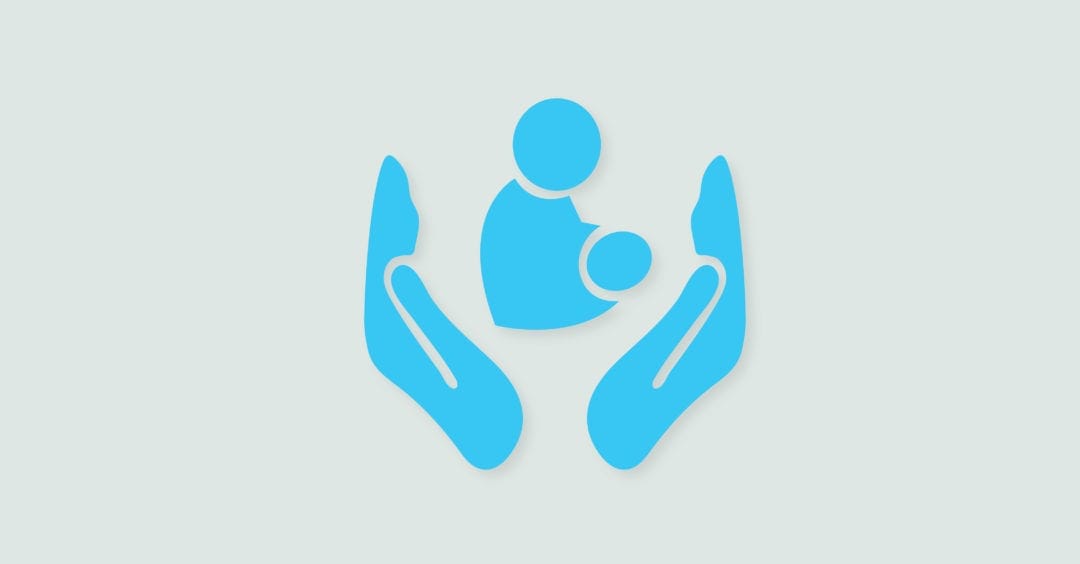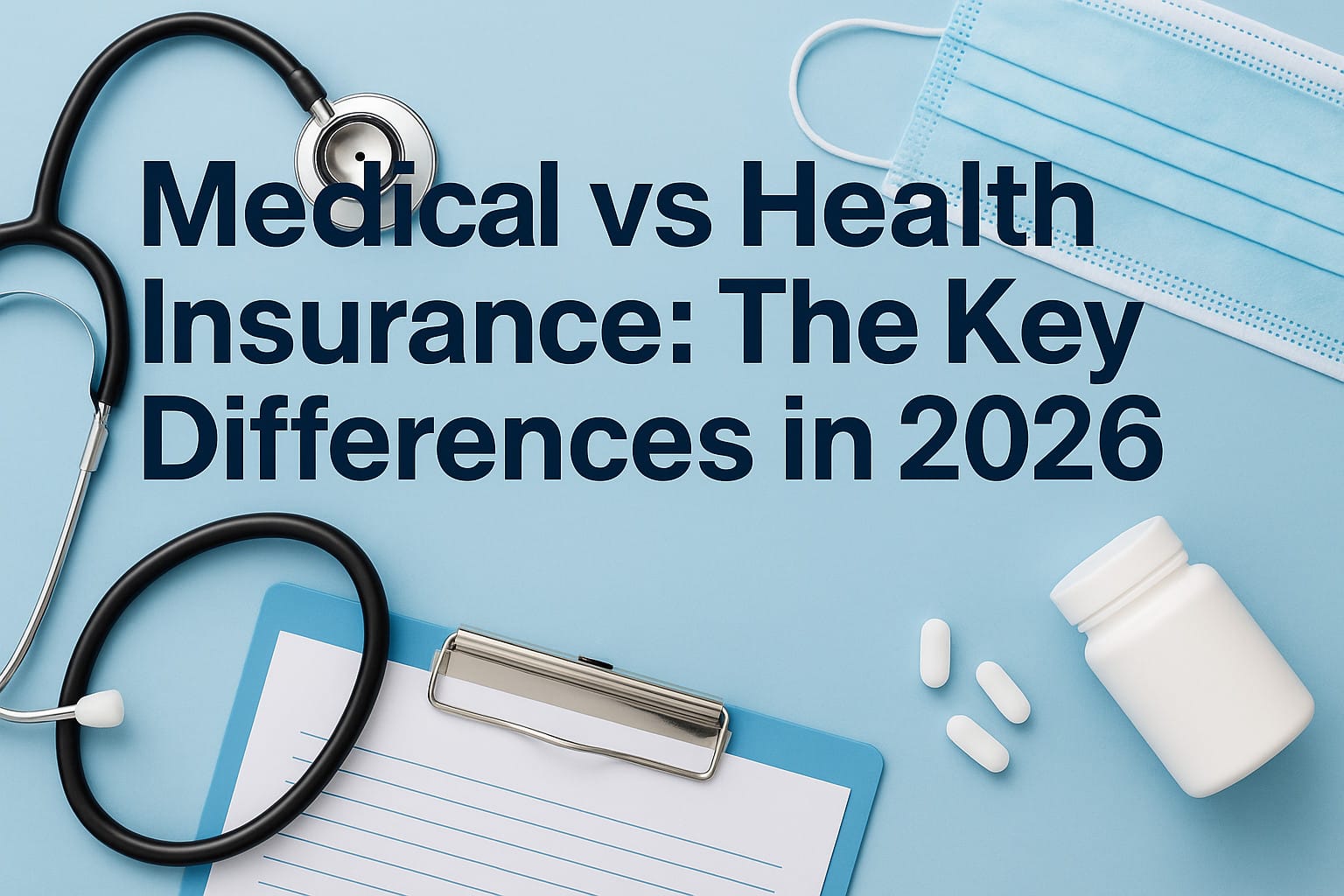Medical insurance in Dubai has been in full swing and it is gearing towards its objectives to grant health access to all citizens and residents, now even from birth.
Dubai Health Authority on 30 of April, 2019 has affirmed through Procedural Directive No. 2 of 2019 (PD 02/2019) that newborns should be safeguarded with continuous access to medical treatment covered by a medical policy.
Expectant mothers have the primary key to provide insurance cover to their newborns after delivery. The new procedure on medical insurance in Dubai restates that the medical policy of the mother should cover the baby within the first month of life or up to the policy annual limit. This covers any treatments that the baby would need while in the hospital and after discharge which may include health consultations, tests, procedures, vaccinations and medications up to 30 days from delivery.
This is more beneficial to most cases of premature births where intensive care is needed, and babies would need to be confined for a certain period as needed. Reports show that more than the medical constraints, new parents struggle with the medical expenses from the treatment of the sensitive cases of preterm babies, especially those born with medical conditions. Since medical insurance can only be issued to the baby after it is born, parents have a more challenging time because there is no policy to cover the medical expenses for their baby. The mother’s policy can secure the baby’s medical needs until a new policy is issued which will cover the bills from the policy’s effective date. In practical terms, there can be 2 medical insurance policies that will cover the baby: the mother’s policy up to 30 days or until the annual limit is maxed out; and then, the baby’s own policy soon as in place. This will certainly lessen, if not totally solve, the burden of medical expenses in such situations.
DHA strengthens the mandates in covering newborns through special points made for such cases:
1. No waiting periods: When newborns are being insured or added to an existing individual or group policy, NO INSURANCE PROVIDER can deny the treatments for any conditions for the first six months.
Since the baby is typically added in the days after the delivery, insurers would have a window to look at in terms of any conditions that are present before enrolment to the medical insurance. These are then generally classified as pre-existing conditions. Some insurers were noted to impose 6 months waiting period which denies coverage of treatment until this is satisfied or served. The waiting period can even be carried over up to renewal especially if the delivery happened in less than 6 months before the expiry of the mother’s policy. This voids the objective of DHA in providing immediate health cover to the baby. Therefore, the waiting period for preexisting conditions and any conditions has been waived for newborns.
Parents do not need to worry now about having to pay out of their pocket for the treatment that the baby needs from day 1 of the medical policy. However, it is important to note that any conditions that the baby has should be declared and informed to the insurance provider at the time of application or addition. While there should be no waiting period for the cover, the insurers still would have the right to decline cover for any undeclared conditions.
2. Backdating is allowed: Newborns can be added or enrolled to a new plan with a start date that can be 7 days prior.
Medical insurance can cover the baby from date of birth if added or applied within a week from delivery. This further guarantees that all expenses are covered by the medical policy from the baby’s first day. This initiative is only and specially done for newborn cases and not for any other types of medical insurance application. If the baby has been initially covered under the mother’s policy limits, and then the start date of the baby’s insurance is backdated, any expenses covered by the insurance of the mother can be cancelled and will be deducted from the newborn’s policy instead. This can still be subject to the insurer’s terms.
Parents can also consider this as an advantage to be able to keep separate active policies for both the mother and the baby. While the baby can still be covered under the mother’s policy for 30 days, it should be noted that this decreases the limit available for the mother for the rest of the policy year. Once the policy limit has been met, the mother cannot be covered by the medical insurance anymore up to the time of renewal.
This Procedural Notice clearly sees and advocates the importance of Medical Insurance in Dubai to be timely started so it can properly serve its purpose. The directive may be short but it is rather straightforward in protecting the health and welfare of both the mother and the newborn.
The Dubai Health Authority is always open in accommodating concerns related to medical insurance – suggestions, complaints and queries. Further to this, there are insurance providers and professionals who can greatly help in understanding the points of this procedure. It is important to make sure that these directives are well discussed and applied in the process of your medical insurance inquiry. Getting in touch with a Broker or a Medical Insurance Advisor who will help you review and even advocate this with you would definitely be an added advantage in getting the best cover that you deserve as per the regulations.







